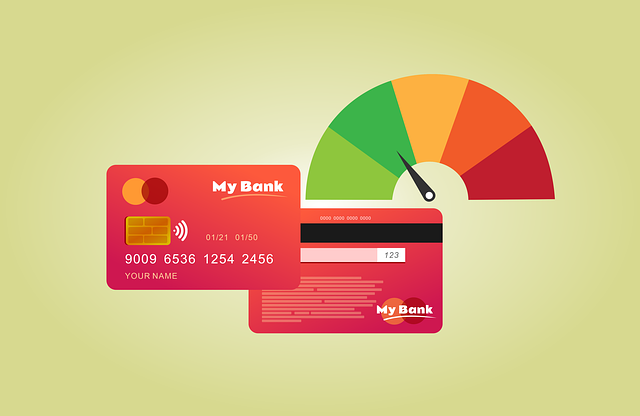In real estate, higher credit scores mean better mortgage rates and easier loan approvals. Maintaining good credit demonstrates financial responsibility to lenders, impacting transaction speed and terms favorably. Enhancing your score through accurate reports, responsible payments, and debt reduction improves accessibility to homeownership and competitive deals.
In the dynamic world of real estate, understanding credit scores is pivotal for securing favorable rates. This article guides you through the intricacies of credit scoring, revealing how higher scores can significantly enhance your borrowing power. We’ll explore the direct impact of robust credit scores on interest rates and loan terms, empowering you with insights to make informed decisions. Additionally, discover practical strategies to improve and maintain exceptional credit scores, ensuring you access the best deals in the competitive real estate market.
Understanding Credit Scores in Real Estate

In the realm of real estate, understanding credit scores is paramount for both buyers and sellers. A credit score is a numerical representation of an individual’s financial health, based on their borrowing and repayment history. It acts as a crucial indicator to lenders about the likelihood of a borrower defaulting on a loan. In this competitive market, higher credit scores mean better rates, which can significantly impact the cost of purchasing a home.
For real estate transactions, a good credit score often translates to lower interest rates on mortgages, saving buyers substantial amounts over the life of their loan. Lenders view higher scores as a sign of financial responsibility and trustworthiness, making them more inclined to offer favorable terms. Thus, maintaining or improving one’s credit score can be a game-changer in securing the best possible deal when entering the real estate market.
The Impact of Higher Scores on Rates

In the competitive landscape of real estate, higher scores have a profound impact on rates. When borrowers demonstrate exceptional creditworthiness through consistent high scores, lenders are more inclined to offer favorable terms and competitive interest rates. This is because high scores signify a lower risk for lenders; borrowers with strong credit histories are less likely to default on their loans, ensuring a smoother and more profitable lending process.
As a result, real estate professionals and buyers can expect to find better deals when higher scores are involved. Lower interest rates translate to significant savings over the life of a mortgage, making homeownership more accessible and attractive. Additionally, high credit scores often lead to faster processing times and easier approval for loan applications, streamlining the entire real estate transaction process.
Strategies to Improve Your Score for Better Deals

Raising your credit score is a game-changer when it comes to securing favorable real estate deals. Here are some effective strategies to enhance your score and unlock better rates:
Start by reviewing your credit report regularly for errors or discrepancies. Correcting any inaccurate information can significantly impact your score. Pay attention to timely bill payments; this simple act demonstrates responsible borrowing habits to lenders. Additionally, consider reducing debt by making extra payments on high-interest loans; lower debt-to-income ratios boost your creditworthiness. Building a history of consistent, on-time payments is key to improving your score over time.






